Unique traditions of Indigenous Peoples in my country, Nigeria.
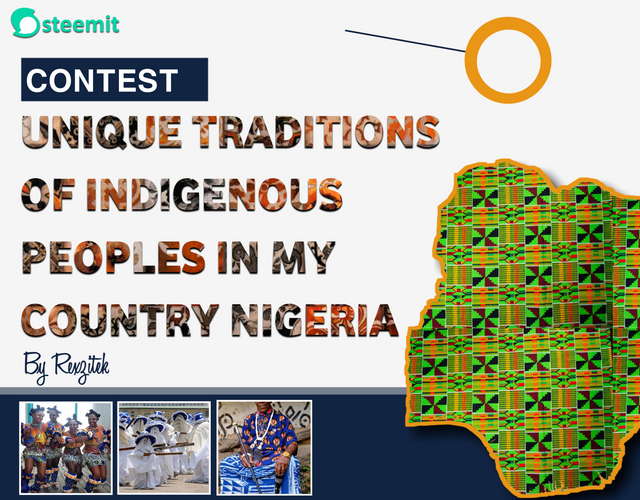
Designed by Rexzitek graphix
Hello my indonesian friends!!🖐🏻🖐🏻.How are you all doing over there?. My name is rexzitek, and i'll be partaking in this contest. I'll be writing on "the unique traditions of indigenous people in my country, Nigeria". I Hope you'll find it interesting.
A BRIEF HISTORY ON NIGERIA |
|---|
My country Nigeria, has a rich and diverse cultural history, which stretches back thousands of years. The earliest occupants of the region were the Nok people, who lived in central Nigeria from around 1000 BCE to 300 CE. The Nok were skilled artists, and they created bronze and terracotta sculptures, which are still preserved till today. After the Nok people, a variety of different ethnic groups began to settle in the region. Some of these ethnic groups includes; The Hausas, the Yorubas, the Igbos, the Tivs, the Fulanis, the kalabaris, the Efiks, the Benin people, the Ibibios and many more. In this post i'll be dicsussing a few of them.
THE HAUSA PEOPLE
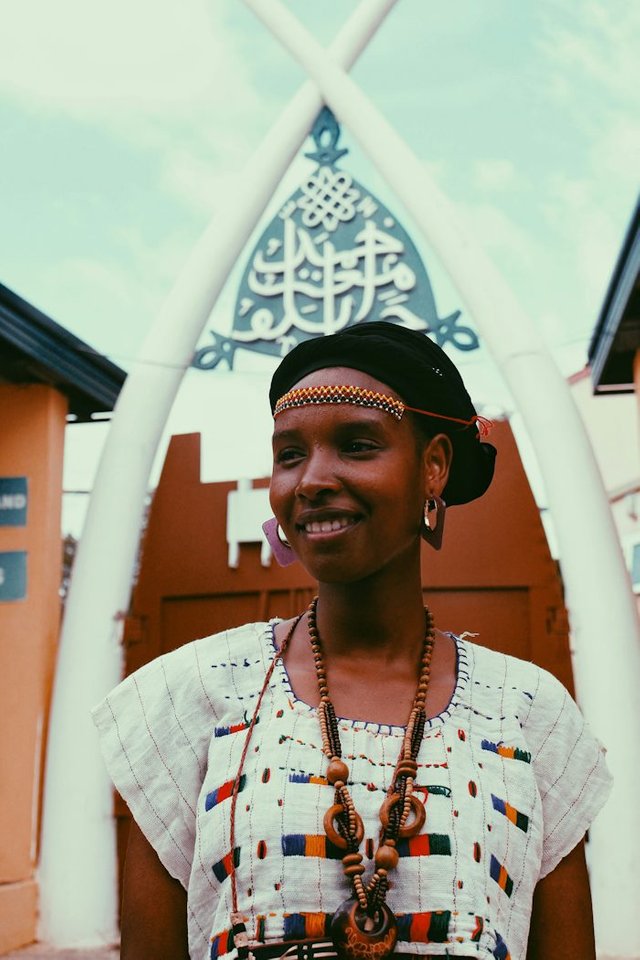
Photo source
The Hausas, who are predominantly Muslims, are known for their vibrant textile and craft traditions. They are also known for their rich oral tradition, which includes storytelling and poetry. The Hausas, established several powerful empires in northern Nigeria. These empires included the Kanem-Bornu, the Songhai, and the Sokoto Caliphate. The Hausa people were known for their skilled craftsmen, who made beautiful textiles and leather goods.
THE IGBO PEOPLE
The Igbo people are located in southeastern part of Nigeria. They are one of the largest ethnic groups in the country. The Igbos are known for their complex system of social organization, which includes a strong sense of community and cooperation. During the colonial period, the Igbo were among the most resistant to European rule, and they fought a number of wars against the British. The Igbo also played a major role in the Nigerian Civil War, which took place in the late 1960s.
The Igbo people have a number of different festivals throughout the year, and each one has its own unique traditions and rituals. One of the most important festivals is the New Yam Festival, which is held at the beginning of the yam harvest season. This festival celebrates the importance of the yam crop in Igbo culture, and it includes music, dancing, and a ceremonial eating of the first new yams. Other major festivals include the Egwu Imo, which celebrates the Igbo god of iron, and the Iri-ji, which celebrates the Igbo god of the sea.
THE YORUBA PEOPLE
The Yoruba people have a rich cultural heritage, which includes many different traditions and festivals. One of the most important Yoruba festivals is the Odunde Festival, which celebrates the new year. This festival includes a procession of masqueraders, traditional music and dance, and the sacrifice of a goat. Another major festival is the Gelede Festival, which celebrates the power of women and the Yoruba goddess of fertility. The Gelede Festival features elaborate costumes, music, and dance.
Another interesting aspects of the Yoruba culture is the orisha, which are the Yoruba deities. Each orisha has its own special powers and attributes, and each one is honored with its own unique rituals and ceremonies. One of the most important orishas is Ogun, the god of iron, war, and technology. Ogun is often represented by images of iron, and he is often depicted as a blacksmith. Other important orishas include Sango, the god of thunder and lightning, and Oshun, the goddess of love and fertility.
THE TIV PEOPLE
The Tiv people are an ethnic group living mainly in central Nigeria, and they have a rich cultural heritage and unique traditions. The Tiv people are known for their folktales, which are often used to teach important life lessons and values. The Tiv also have a unique tradition known as "Nyam," which is a ritual that involves dancing and singing to honor and celebrate important occasions.
The Tiv people have a number of festivals throughout the year, which celebrate various aspects of their culture and beliefs. One of the most important festivals is the Befi festival, which is held every January and celebrates the beginning of the farming season. During the Befi festival, the Tiv people dress in their traditional costumes and dance and sing. Another important festival is the Nong-otue, which celebrates the end of the farming season. There are also festivals to celebrate marriage, birth, and death.
THE IBIBIO PEOPLE
The Ibibio people are another group from southern Nigeria, and they have a fascinating history and culture. The Ibibio are one of the largest ethnic groups in Nigeria, and they are known for their rich traditions of art, music, and dance. They have a long tradition of storytelling, and their myths and legends are passed down through the generations. One of the most famous aspects of Ibibio culture is the Ekpe society, which is a secret society that plays a major role in Ibibio society. The Ekpe society has elaborate costumes and rituals, and it is said to possess magical powers.
THE FULANI PEOPLE
The Fulani tribe, also known as the Fula or Fulbe, are a large ethnic group living across West Africa. The Fulani are mostly nomadic pastoralists, and they are known for their skills in cattle-breeding and trading. They also have a strong sense of tradition and culture, and they speak the Fula language, which is part of the West Atlantic language family. The Fulani people have a distinctive culture, including their own unique dress, food, and music. They are also known for their traditional wrestling, which is a popular sport among the Fulani people.
The Fulani tribe celebrates a number of festivals throughout the year, which are an important part of their culture. One of the most important festivals is the Ramadan festival, which is celebrated during the Muslim holy month of Ramadan. The Fulani also celebrate the Wurge festival, which is a harvest festival. Other festivals include the Gerewol festival, which is a festival of love, and the Sallah festival, which is celebrated on the Islamic holidays of Eid al-Fitr and Eid al-Adha. These festivals often include traditional dancing, music, and other cultural activities.
CONCLUSION |
|---|
In conclusion, it is clear that the indigenous people and tribes of my country Nigeria, have a rich and diverse culture, with many different traditions, languages, and art forms. Our festivals and celebrations are a testament to our resilience and creativity, and our traditions continue to thrive even in the face of modernity. My country Nigeria, has a proud and ancient history, and their culture is a vibrant part of the world's cultural landscape. Our art, music, and literature are an important part of our identity, and they continue to make a significant contribution to the global community.
Thanks for spending your valued time in reading. Hope you enjoyed it? God bless ya'll
FOLLOW FOR MORE INTERESTING CONTENTS |
|---|
I invite @zekanem, @irawandedy and @saintkelvin17

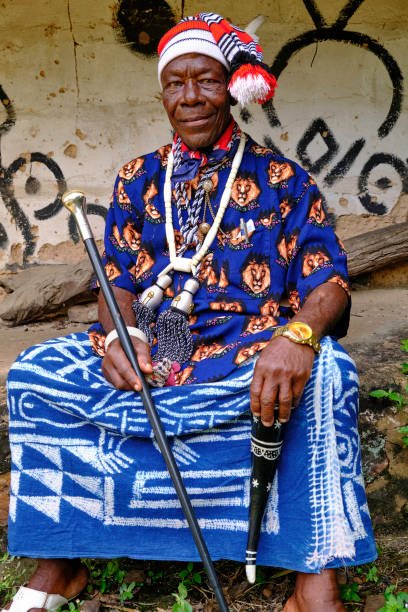
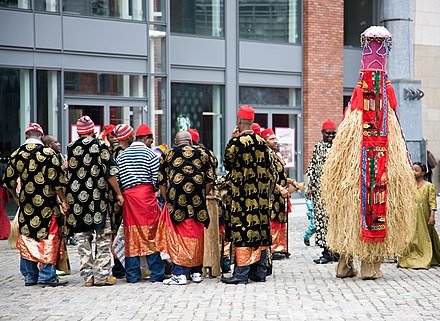
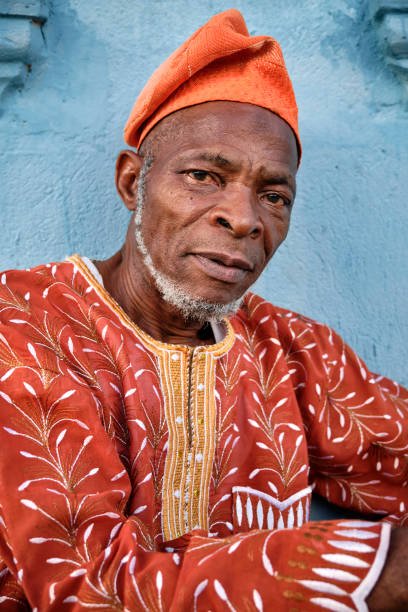
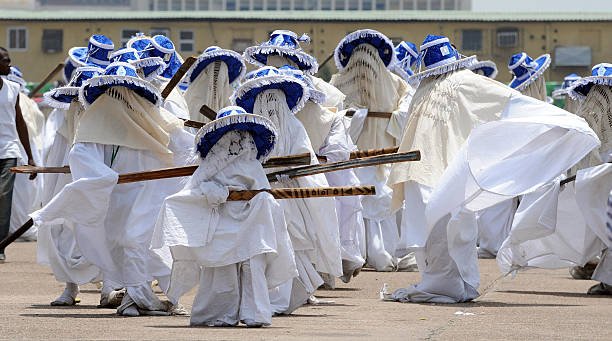
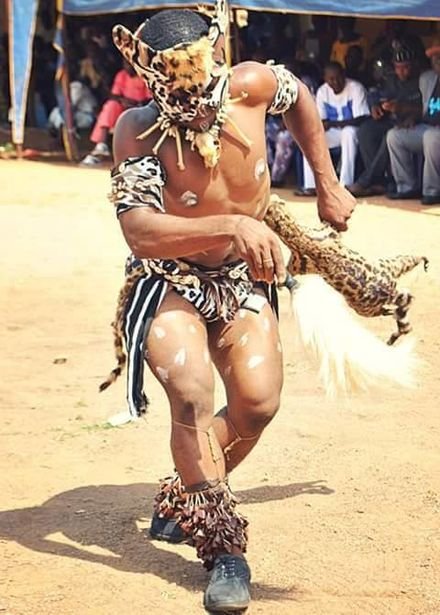
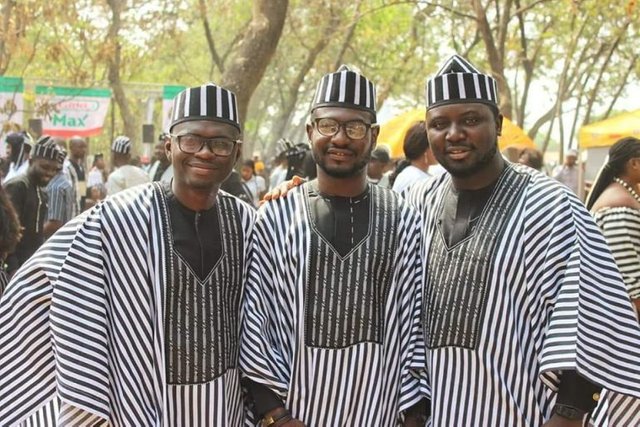
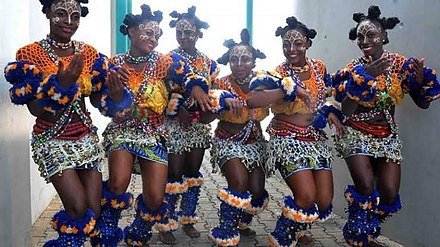
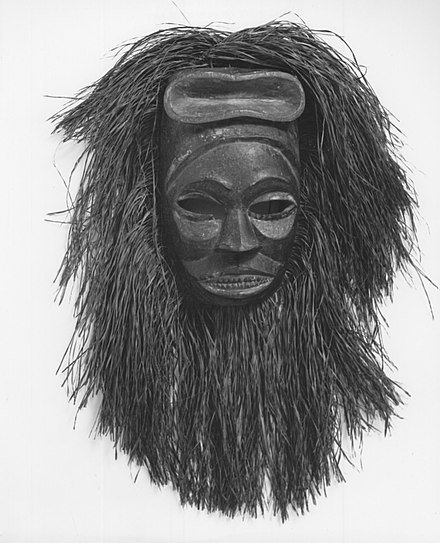
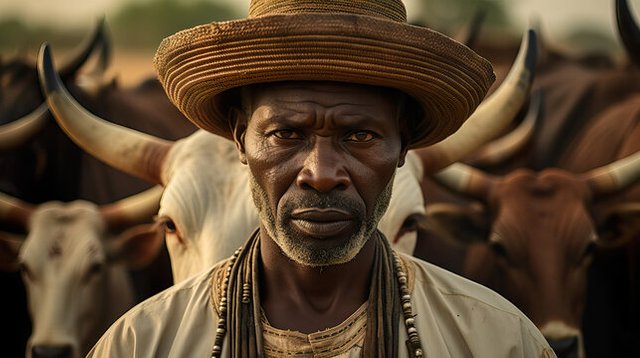
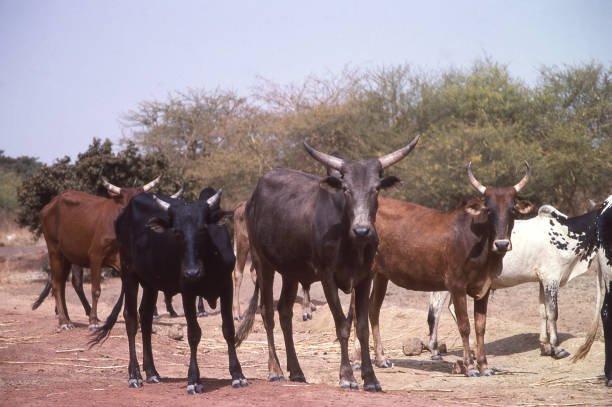
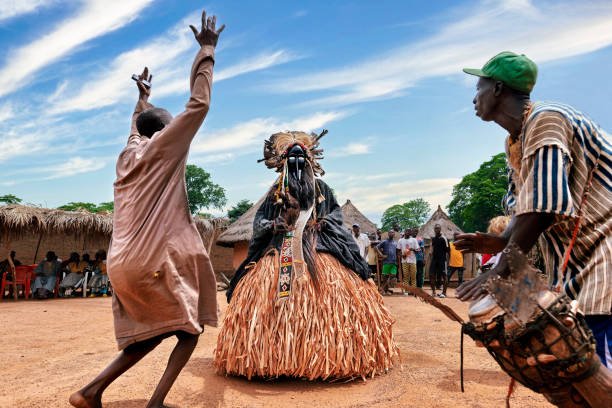
My twitter
https://twitter.com/Rexzinach/status/1756627301494571447?s=19
Nigeria is a very wonderful country love alot. My tribe is Urhobo which falls under the great tribe Yoruba. I wish you good luck in this contest.
Thanks for the invite.
Thanks for your comment bro.